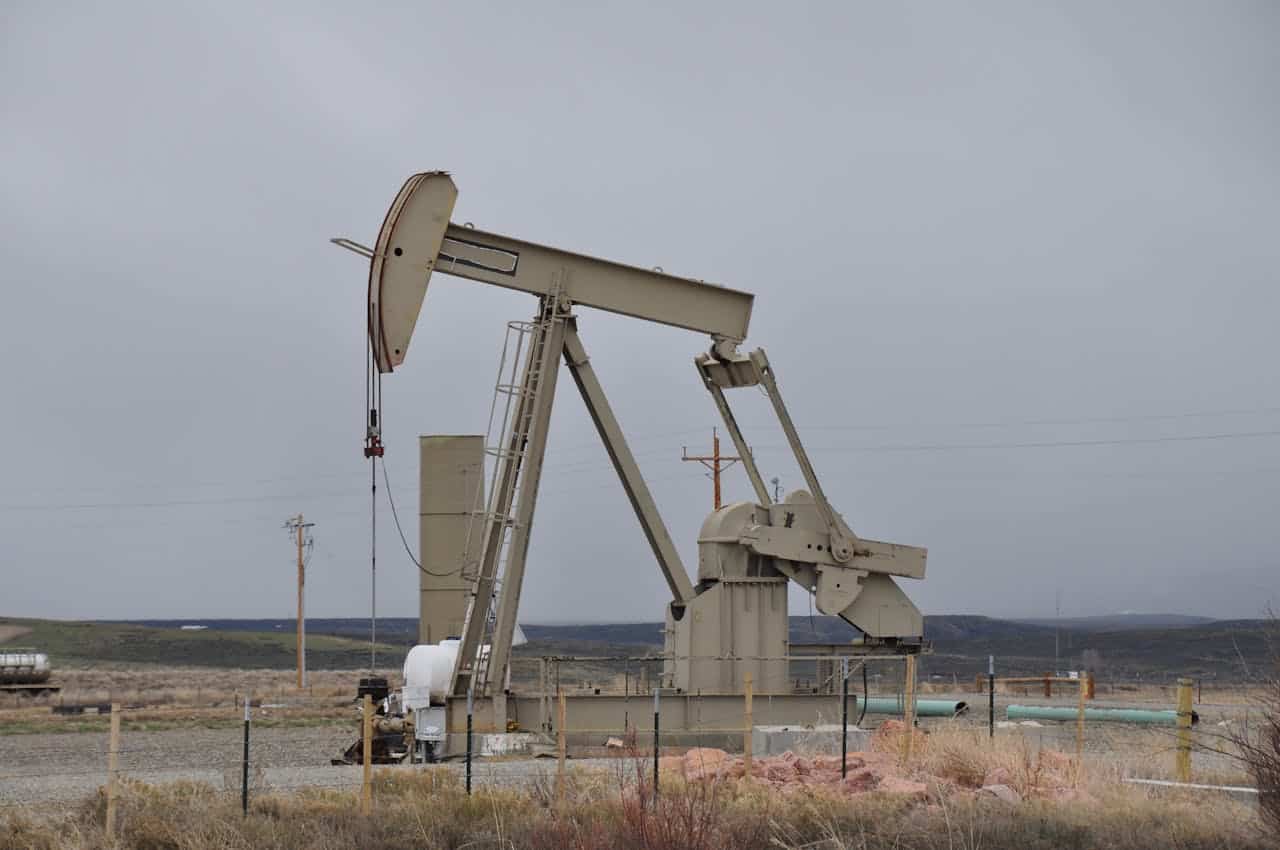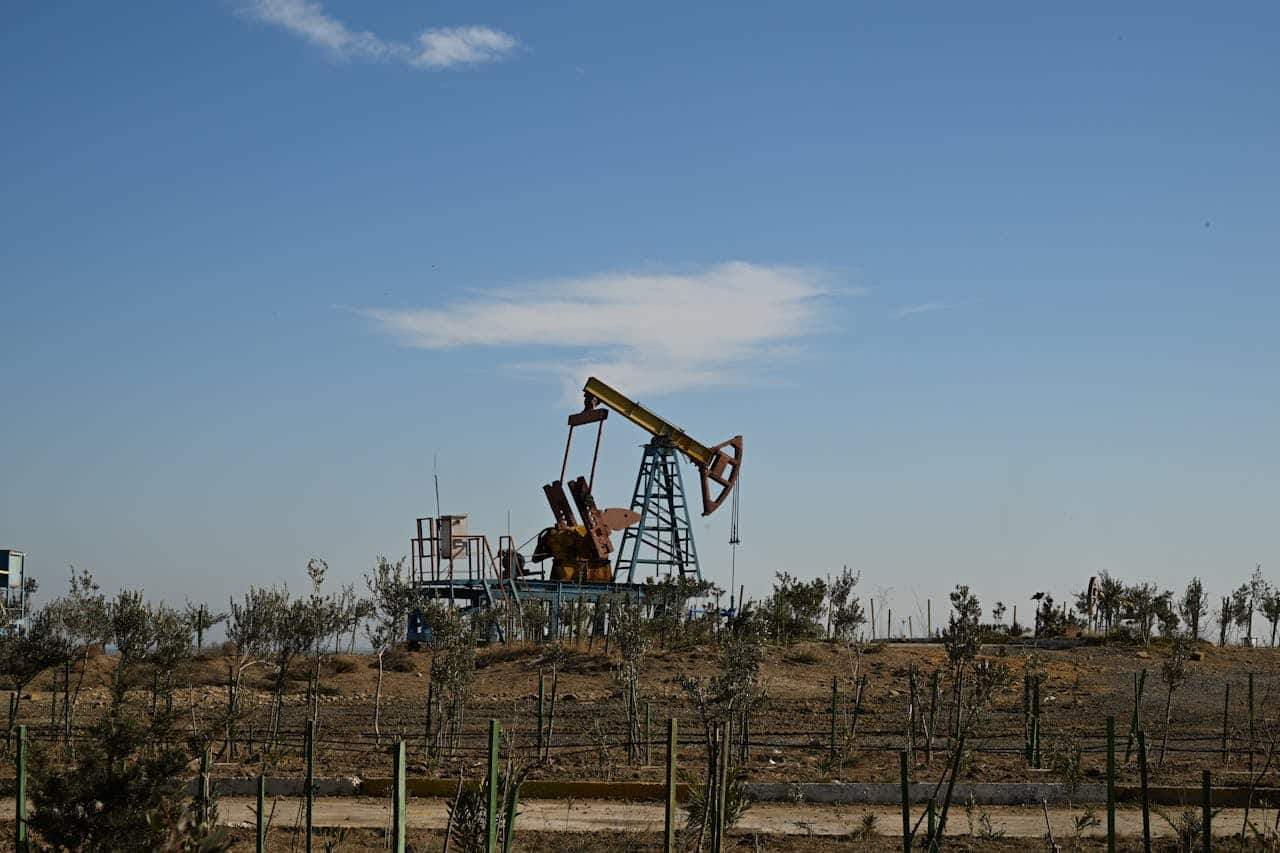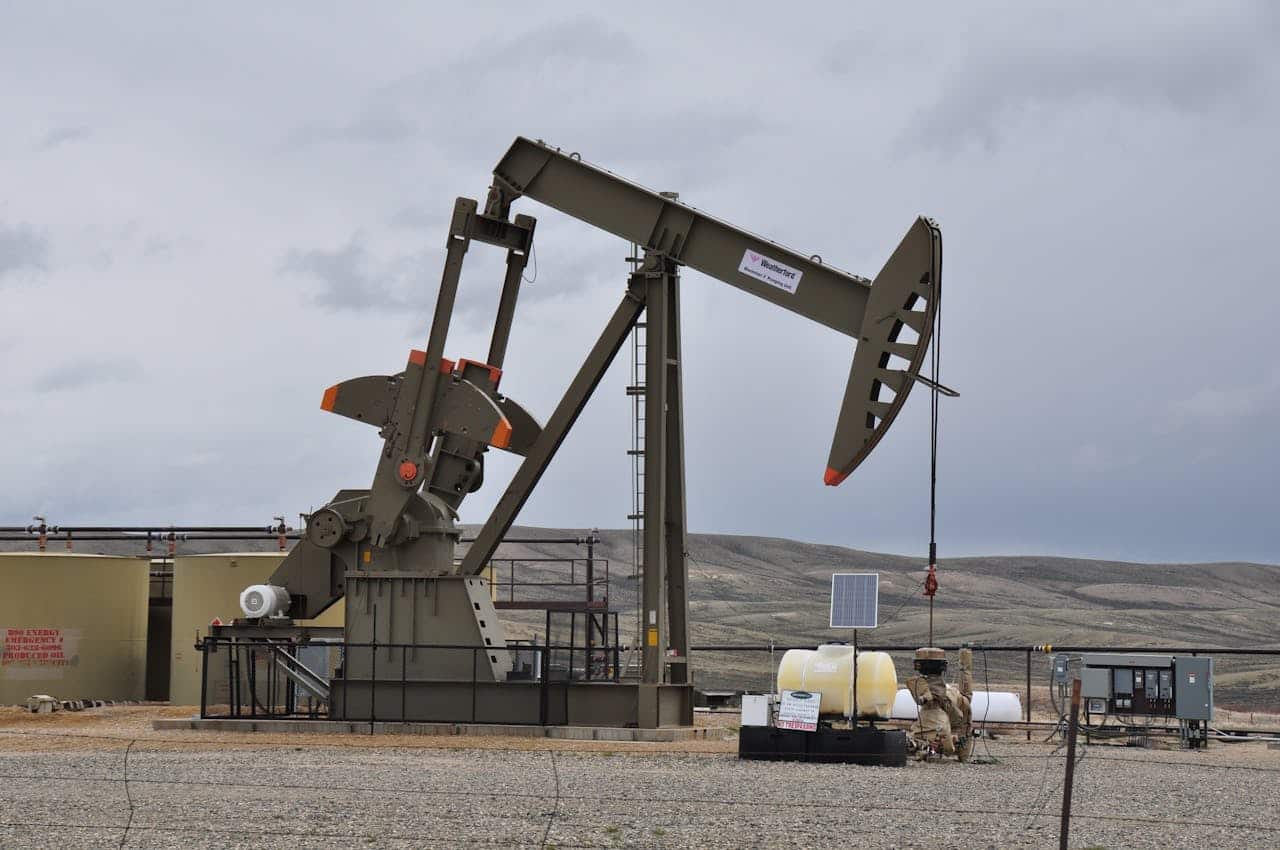Upstream Oil and Gas Contracts

| Date | Format | Duration | Fees (USD) | Register |
|---|---|---|---|---|
| 14 Dec - 18 Dec, 2025 | Live Online | 5 Days | $3785 | Register → |
| Date | Venue | Duration | Fees (USD) | Register |
|---|---|---|---|---|
| 14 Dec - 18 Dec, 2025 | Doha | 10 Days | $11085 | Register → |
Did you know that ExxonMobil and Guyana have discovered roughly 11 billion barrels of oil on the Stabroek Block, with investments amounting to more than $55 billion? This compelling statistic underscores the critical importance of upstream contracts in today’s oil and gas sector.
Course Overview
The Upstream Oil and Gas Contracts course is meticulously designed to equip professionals with cutting-edge knowledge in production sharing contracts (PSC), joint operating agreements (JOA), and farmin/farmout agreements. This comprehensive programme focuses on cost recovery mechanisms, risk allocation, and host state royalties to ensure participants can effectively navigate the complex landscape of upstream oil and gas contracts.
Why Select This Training Course?
Selecting this Upstream Contracts Course offers numerous advantages for professionals involved in exploration licenses and production licenses. Participants will gain advanced knowledge of EPCI contracts, BOO/BOT/BOOT models, and unitization agreements. The course provides hands-on experience with gas sales agreements and LNG contracts, enabling attendees to optimise their contract management capabilities effectively.
For organisations, investing in this training enhances overall contract negotiation capabilities and strengthens risk management strategies. By ensuring that personnel are well-trained in technical expertise sharing and capital investment structures, organisations not only protect their assets but also build sustainable practices. Research shows that companies implementing comprehensive contract management systems can significantly improve performance. For instance, BP’s technical service agreement with ONGC aims to boost oil output by 44% to 65.41 million tonnes, potentially generating an additional $10.30 billion in revenue.
Individuals who complete this course will benefit from enhanced career prospects as they become more valuable assets in their respective fields. The skills acquired through this training can lead to professional growth and increased responsibilities within their organisations. Studies indicate that with Saipem’s upstream contract activity contributing to nearly $37 billion of disclosed contract value in Q3 2024, the demand for skilled contract professionals continues to rise.
Transform your contract management capabilities – Join our next session!
Who is this Training Course for?
This course is suitable for:
- Legal professionals specialising in energy law.
- Business development managers in oil and gas.
- Contract managers and negotiators in upstream operations.
- Financial analysts dealing with oil and gas investments.
- Project managers overseeing exploration and production contracts.
What are the Training Goals?
The objectives of this training course are to enable professionals:
- To master the complexities of various upstream contract types.
- To understand and apply negotiation strategies in contract formation.
- To leverage modern technology for contract management and compliance.
- To develop skills in risk assessment and management within contractual frameworks.
How will this Training Course be Presented?
The Upstream Oil and Gas Contracts Course employs a comprehensive and innovative approach to ensure maximum knowledge retention and skill development. Expert-led instruction from seasoned legal and industry professionals forms the core of the course, providing up-to-date insights into modern contract management techniques and practical applications.
Our dynamic training methodology includes:
- Engaging interactive sessions with contract law experts, offering direct insights into negotiation strategies
- Immersive workshops featuring real-world contract scenarios
- In-depth demonstrations of contract management software
- Thought-provoking group projects analysing contract clauses
- Comprehensive access to extensive contract templates and resources
Ready to master upstream contracts? Secure your spot today!
Course Syllabus
Module 1: Risk Management in Contracts
- Identifying and categorising contract risks.
- Risk allocation strategies in agreements.
- Insurance considerations in upstream contracts.
- Force majeure and its implications.
- Contractual risk mitigation techniques.
- Managing political and regulatory risks.
- Environmental and safety risk in contracts.
- Dealing with currency and economic risks.
- Contractual safeguards against non-performance.
- Risk assessment during contract negotiations.
- Contractual provisions for risk sharing.
- Continuous risk monitoring and management.
Module 2: Contract Negotiation Strategies
- Preparation for contract negotiations.
- Understanding counterparties’ objectives.
- Techniques for effective negotiation.
- Cultural considerations in international negotiations.
- Leveraging market intelligence in negotiations.
- Balancing risk and reward in contract terms.
- Tactics for dealing with common negotiation hurdles.
- Securing favourable fiscal terms.
- Negotiating operational control and management.
- Use of third-party mediators.
- Post-negotiation contract management.
- Ethical considerations in negotiations.
Module 3: Production Sharing Agreements (PSAs)
- Structure and key elements of PSAs.
- Allocation of production under PSAs.
- Cost recovery mechanisms.
- Profit oil calculation and distribution.
- Government takes and contractor take.
- PSA adjustments for economic changes.
- Handling of associated gas in PSAs.
- PSA in frontier and mature basins.
- Management of joint ventures under PSAs.
- Legal and regulatory compliance in PSAs.
- PSA renegotiations and amendments.
- Exit strategies within PSAs.
Module 4: Concession Agreements
- Historical context and evolution of concessions.
- Rights granted under concession agreements.
- Taxation and fiscal regime in concessions.
- Land access and surface rights.
- Environmental compliance in concessions.
- Ownership and transfer of produced hydrocarbons.
- Decommissioning responsibilities.
- Concessions in different political environments.
- Balancing investor and state interests.
- Legal challenges in concession management.
- Concessions vs. other contract types.
- Managing termination and relinquishment.
Module 5: Service and Risk Service Contracts
- Differentiating service from risk service contracts.
- Fee structures and payment terms.
- Performance-based incentives in service contracts.
- Rights to hydrocarbons under service contracts.
- Operational control in service agreements.
- Financial and technical risk management.
- Legal considerations in service contract execution.
- Compliance with local content laws.
- Service contract disputes and resolutions.
- Transition from service to production contracts.
- Innovations in service contract models.
- Contractual obligations in maintenance and support.
Module 6: Joint Operating Agreements (JOAs)
- Purpose and structure of JOAs.
- Operator selection and responsibilities.
- Decision-making processes within JOAs.
- Cost-sharing and accounting procedures.
- Handling of defaulting parties.
- Disposal of interest and pre-emption rights.
- Liabilities and indemnities in JOAs.
- Confidentiality and information sharing.
- Amendments and variations to JOAs.
- Conflict resolution among JOA partners.
- Exit strategies for JOA participants.
- Integration of JOAs with other contract types.
Module 7: Contract Management and Compliance
- Lifecycle management of upstream contracts.
- Monitoring contract performance.
- Compliance with contract terms and laws.
- Use of contract management systems.
- Auditing and reporting for contract compliance.
- Change management in contract terms.
- Handling contract amendments.
- Training for contract management teams.
- Ensuring data integrity in contract management.
- Cybersecurity in contract data handling.
- Managing contract termination.
- Best practices for contract renewals.
Module 8: Legal and Regulatory Environment
- International and national oil and gas laws.
- Impact of geopolitical changes on contracts.
- Compliance with environmental regulations.
- Anti-corruption and ethical compliance.
- Taxation and fiscal policy affecting contracts.
- Navigating local content requirements.
- Licensing and permitting processes.
- Legal risks in upstream operations.
- Litigation and arbitration in oil and gas.
- Adapting to regulatory changes.
- Legal considerations in cross-border operations.
- Intellectual property in oil and gas contracts.
Module 9: Economic Analysis in Contracting
- Economic models for upstream investments.
- Assessing contract value propositions.
- Impact of oil price volatility on contracts.
- Financial structuring for exploration risks.
- Revenue forecasts and cash flow analysis.
- Cost-benefit analysis of contract terms.
- Hedging strategies within contractual agreements.
- Economic incentives in contract design.
- Valuation of oil and gas assets under contract.
- Investment decisions based on contract terms.
- Economic considerations in contract renegotiation.
- Portfolio management through contracts.
Training Impact
Research indicates that organisations implementing structured upstream contracts training programmes have demonstrated measurable benefits in both negotiation success and risk management. Case studies highlight the following comprehensive improvements:
From BP-ONGC agreement implementation:
- Projected additional revenue of $10.30 billion
- 44% increase in oil output potential
- 89% increase in gas production capability
- Enhanced partnership structure development
Additional benefits include:
- Significant improvement in contract negotiation outcomes
- Enhanced risk allocation and management strategies
- Improved ability to handle complex contract structures
- Strengthened dispute resolution capabilities
- Increased operational resilience through comprehensive agreements
Transform your career in upstream oil and gas contracts – Enrol now!








